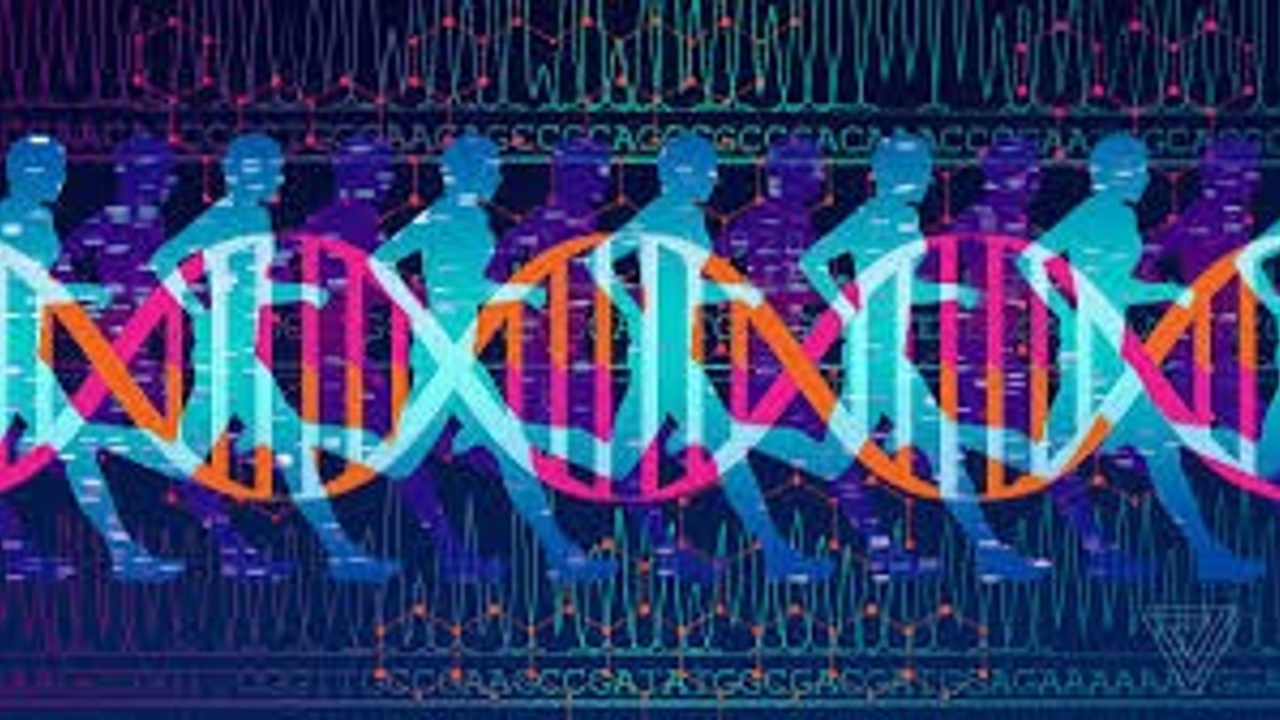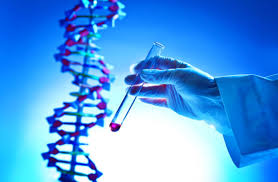Maximize Exercise Benefits Based On Your DNA
Mar 02, 2021
We all know that regular physical exercise has tremendous benefits, right? But, do you believe that a fitness program should be customized to each unique individual? Keeping up with a consistent exercise routine can be challenging, especially when it seems that your hard work isn’t paying off. Maybe that daily run (that you don’t really enjoy) doesn’t seem to be moving you in the right direction at all. Like you’re working out every day and not losing any weight. And why is it that your exercise routine isn’t working for you, but your best friend who does the same thing is losing weight and keeping it off? Hardly seems fair, right?
Whether your exercise routine is truly benefitting you or not, is partly influenced by your GENETICS. Your genetic makeup influences everything from how your body weight reacts to exercise, to how effectively you can build muscle and how easily (or not so easily) recover. You need to use your genes to your advantage!
Genetics influence a variety of factors affecting fitness, and DNA testing may allow you to customize your fitness routine to your genes for the greatest impact. Understanding your genetic blueprint can help you determine what type of exercise regimen may be the most appropriate for you to optimize your results. As a functional medicine coach, I’ve recommended DNA testing for fitness often and MANY of my clients have found this to approach to work well for them. In fact, it worked for me.
THE WORLD OF GENES
A quick refresher on genes and how they work, in case you’ve forgotten everything you learned in middle school biology (and, honestly, who hasn’t?). Let’s start with what a gene is – the part of you that carries the information that determines which traits are passed on to you from your parents. Genes are found on chromosomes which are found in your cells. A single chromosome can carry up to thousands of genes.
How do genes work? The DNA in each gene spells out specific instructions for making proteins in your cells. Proteins, of course, are the building blocks for everything in our bodies and help our bodies grow, work properly and stay healthy.
HOW ARE GENETICS A BIG FACTOR?
You’ve heard the debate on nature vs. nurture before, so you might be wondering just how big a factor genetics could be when it comes to fitness and overcoming weight loss resistance. Heritability is a term in genetics that is used to describe just how much a trait is related to genetics or in other words, it’s a way to measure how much the differences in people’s DNA can explain the differences in their traits. That said, just because something has a high heritability doesn’t mean it’s set-in-stone.
Here are a few examples of heritability in fitness and athletic traits:
- Aerobic fitness: about 40-50% heritable
- Strength and muscle mass: about 50-60% heritable
- Your mix of “slow twitch” and “fast twitch” muscle fibers (basically, whether your muscles are better at endurance or sprinting): about 45% heritable
- Height: about 80% heritable
- Competing in sports, at all: 66% heritable
The higher the heritability the more genes are to blame (or thank!). So genes do play a big factor in the types of exercise that may be better for you (ie: perhaps running will do more for you than strength training) and why you can’t lose weight. However, it’s important to remember, nothing is set in stone.
WHAT GENETICS CAN TELL YOU ABOUT YOUR FITNESS & DIET LIFESTYLES
What if you could simply choose a form of exercise that is right for you, according to your unique genetic makeup? A DNA test can be helpful in learning about your body’s abilities and what forms of exercise are most effective for you. Knowledge is power, and the more you know about your body, the easier it is to get the results you want. What exactly are these DNA tests looking for though and what can they tell you?
Every test is different depending on the company you choose to run your DNA test, but here are a few of the most common things that are looked at.
WEIGHT LOSS ABILITY
This looks at your ability to lose weight.
Weight loss tendency
Fat loss response to cardio
Body composition response to strength training
EXERCISE RESPONSE TO CARDIO
This looks at how your body responds to cardio both in the short-term and long-term.
Fitness response to cardio
Glucose response to cardio
Triglyceride response to cardio
RECOVERY AND INJURY RISK
This looks at how many days a week you should be training, how much rest you need and even what injuries you might be prone to.
Systemic inflammation
Injury risk
Sleep duration
And a few of the specific genes that might be looked at for exercise include:
- ACTN3 – This gene encodes for a protein found in fast-twitch muscle fibers. One variant has been linked with endurance, while another is associated with power-oriented performance.
- LEPR – One variant of this gene is associated with greater muscle volume.
- COL5A1 – This gene has been linked with exercise-induced muscle cramping in endurance athletes.
Genes that might influence body weight and weight loss include:
- FTO – A variant of this gene is linked to an increased body mass index (BMI) and a higher risk of obesity and type 2 diabetes.
- LEP – This gene codes for leptin, a hormone that signals fullness.
- MC4R – One variant of this gene is associated with higher dietary fat and total calorie intake, as well as a higher prevalence of obesity.
- PPARs – This group of genes affect fat and carbohydrate metabolism and influence the risk of obesity.
DNA TESTS AND WHERE TO FIND THEM

A DNA test can be helpful in learning about your body’s abilities and what forms of exercise are most effective for you. After receiving your results, the lab will provide you with a detailed workout guide that is tailored to your physical needs. The value of exercise genetics lies in its potential to match you with exactly the right fitness plan that includes exercises you are likely to do well, those that will produce your desired results, and those that you can do with minimal risk of overexertion or repeated injuries. Although the science is still new, there are some key insights that can be used to develop a personalized fitness plan for safer and more efficient training.
When I ran my DNA testing to see what type of exercise would be best for me, I was not surprised. I enjoy walking, dancing, and doing some resistance training (with stretchy bands and workouts that incorporate using my body weight for resistance). When my report showed that I was doing the “right” kind of exercise based on my DNA, it was motivating to me to keep up with the strategies I had been using.
I had tried other forms of exercise in the past (I think I’ve tried it all) and spent a fair amount of time doing things I did not enjoy just because someone told me it would be good for me. Having the results from a test based on my DNA gave me more confidence that what I was doing was right for me. I knew this in my mind, of course, but seeing it validated in a DNA-based report was helpful to me.
The DNA tests that I personally recommend to clients are XCODE Life, SelfDecode, and Vitagene. If you’re looking for more insight or guidance after you get your results, schedule your FREE consultation with me.

